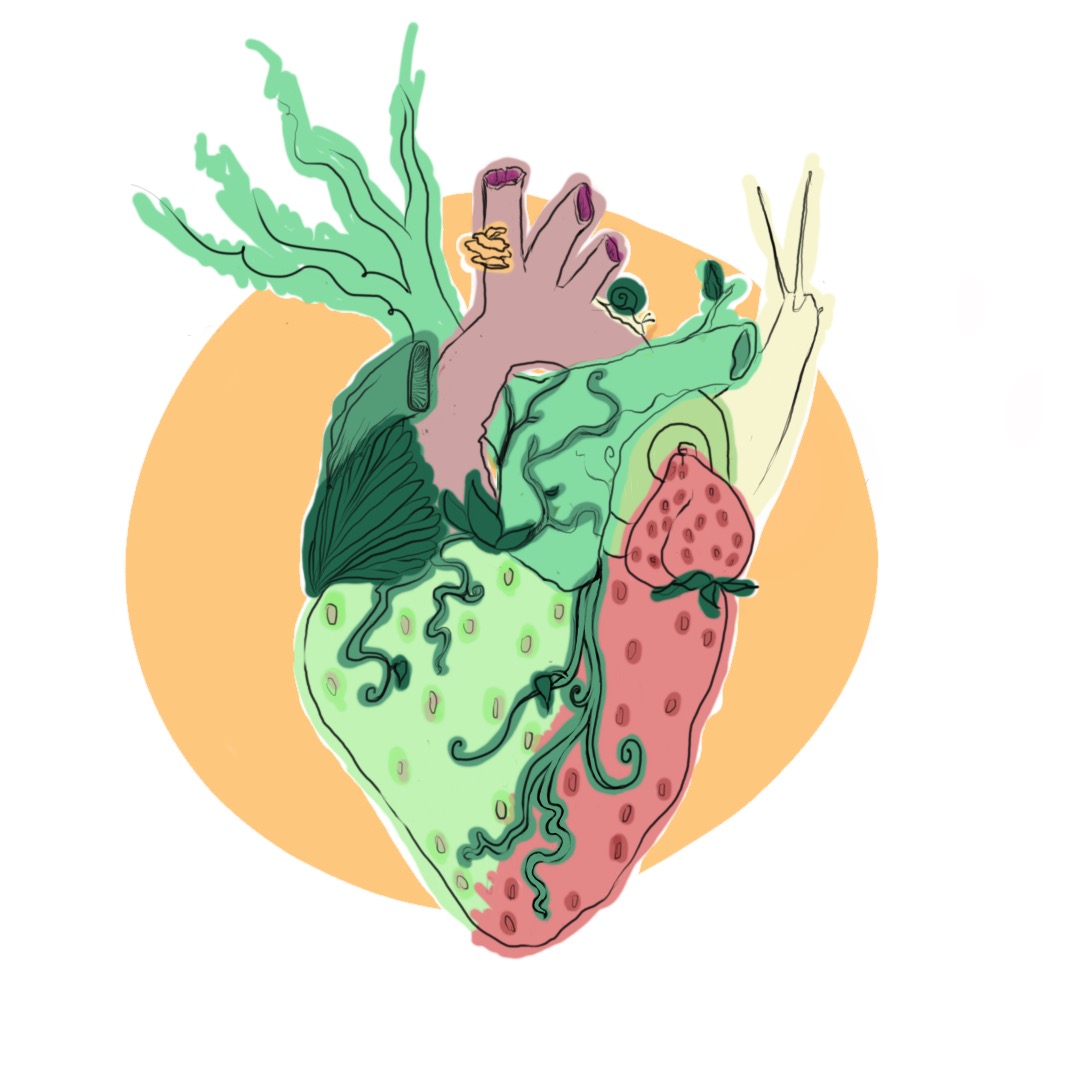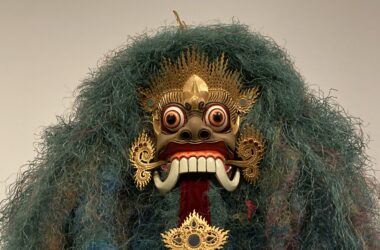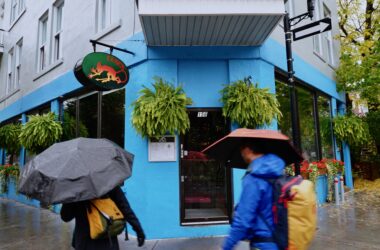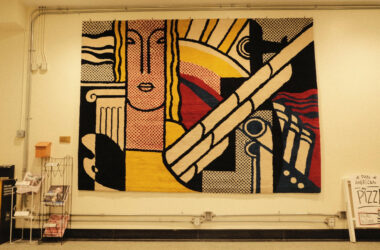For those who are single, have recently ended a relationship, or are simply not interested in romance, Valentine’s Day can often feel like a punch in the gut. With the additional isolation of the COVID-19 pandemic, this year’s solitude hits especially hard.
Enter the Heartbreak Museum, an annual exhibition hosted by Mcsway Poetry Collective. The Heartbreak Museum provides a digital space for artists and poets to share their heartache—romantic, platonic, or otherwise—authentically. This year’s edition was held virtually through a website and Zoom open mic.
Event organizer Zeina Jhaish, U3 Education, spoke with The McGill Tribune about the impetus for this event.
“I joined Mcsway three years ago as a project lead,” Jhaish said. “I had to create a project for that year, and […] I remembered the [Museum of Broken Relationships and] seeing white empty rooms and objects that represented heartbreak. I really thought the idea was nice and I wanted to see it in the Mcsway context [.…] For me, the inspiration personally was [that] heartbreak is always relatable.”
When viewers enter the website, they are greeted by a digital painting of a heart with a gash down the middle and stitches alongside to patch the wound. Immediately, the audience is drawn in by the painful beauty of a broken heart.
Along with its virtual exhibition, the Heartbreak Museum hosted an open mic on Feb. 12 where poets shared their most intimate heartbreaks. These readings revealed that heartbreak is not limited to simply romantic relationships. Jhaish explained that the Heartbreak Museum is meant to be an inclusive space that discusses many different types of heartbreak.
“We have a lot of heavy material and a lot of great sensitive, amazing poetry from our participants,” Jhaish said. “We always emphasize that heartbreak is not just about relationships and Valentines [….] So, our audience can also talk about family and friend-heartbreak and maybe even self-heartbreak.”
The exhibition hosts a range of work, including sites where photographers documented their broken hearts and artifacts from past relationships, collages, and short films. In one set of images entitled “the sound of leaving,” the artist, Amanda, shows that moving from one place to another can also feel heartbreaking.
Despite the fact that Zoom often feels like an impersonal platform to share art, the open mic offered a welcoming and supportive space for artists. As participants read their poetry, the chat box was flooded with loving and encouraging words. Poets shared experiences detailing the loss of friends and family, the pain of unrequited love, and the turmoil of toxic relationships.
Jhaish discussed how moving the event online allowed Mcsway to expand its programming to include the open mic element.
“We all love [the] Heartbreak Museum, so we thought we should find a creative way to bring it to life in COVID-19,” Jhaish said.“We decided to put it in the form of a website […] and then we also wanted to create a platform for people to perform their pieces [….] We wanted to add a little more pizazz to it and have an open mic where people could share and discuss and talk […] and use Zoom to our advantage.”
Jhaish emphasized that the Heartbreak Museum offers students a sense of catharsis at a challenging time of year, which has been exacerbated by stay-at-home orders.
“This year [heartbreak] hits differently because it’s COVID and all the frustration that comes with it,” Jhaish said. “It’s especially important to continue with this because we saw that a lot of people obviously want to share and […] and we believe in […] channelling our energies into expressing ourselves and having a platform to do that.”







